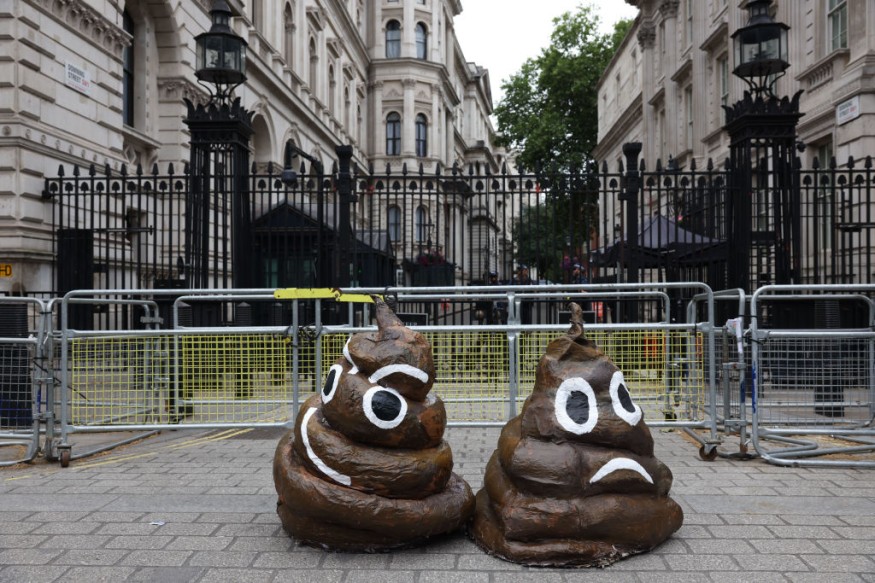
Faecal grafts have made media coverage in current history, demonstrating guarantee in everything from COVID-19 therapeutic interventions to anti-aging studies in animal life, and yet experts claimed they are hardly exploring the possibilities.
Why Building Poo Banks are Necessary for Future Purposes
The procedure, which involves transferring faecal microbiomes from one fit participant to the other, is typically used within adult subjects to diagnose symptoms, such as Clostridioides particulièrement virus and irritable bowel syndrome.
However, analysts agree it may conceivably have been used to classify a much broader variety of infections, the news media website Science Alert, reported.
Not merely that; by designing a mechanism to administer autologous faecal transplants - for which the source as well as beneficiary are about the similar person - scientists may be able to avoid complications that often arise when givers and patients are incompatible with heterologous grafts comprising at least two persons.
To do the same, specialists must gather up folk's faecal sample data while they are still young and fit, then afterwards, experts will store them in cryopreservation facilities for coming generations use if service users require a transfusion thereafter.
Researchers must then deposit our poop in a bank in particular instance humans really do have to pull it back.
Scientists argued that while the concept may appear unconventional, it is absolutely genuine.
According to Harvard University systems scientist Yang-Yu Liu, philosophically, the notion of faeces banking for autologous FMT is analogous to when couples deposit their baby's cord blood for potential strategic utilization in the coming years.
Nevertheless, there is tremendous promise for stool banking, therefore researchers believed that collecting faeces collections will be considerably more likely than utilizing cord blood.
Poo banking has actually operated way back with the very initial, a charitable organization stool bank aptly named OpenBiome, opening its services in 2012 in Somerville, Massachusetts.
Since that day, a variety of different institutions have developed throughout the entire globe, though the majority emerged to be keeping faeces specimens for subsequent heterologous FMTs instead of autologous transplants.
Nonetheless, the different methods aren't strictly completely contradictory.
The Promising Use of Human Poo
Furthermore, according to the experts' latest analysis that was posted under the journal of Trends in Molecular Medicine and was led by experts in the field, Yang, together with his colleagues, explained that in essence, the very comparable approach of host assessment as well as specimen acquisition may be applied for the aim of renewing microbiota by autologous FMT.
Rather than beginning from zero, current high-quality stool banks might be utilized for the concept of autologous FMT microbiome rejuvenation.
There are other difficulties to address, along with how to securely keep faeces data points in long-term cryopreservation.
Even if these obstacles can indeed be overcome, as well as if individuals are persuaded to deposit their faeces in a bank, researchers might be dealing at a daring grand approach for self-donated experimental care throughout the upcoming years.
Meanhile co-author and Harvard University epidemiologist Scott T. Weiss, claimed that the autologous FMTs have the ability to address immunological disorders such as respiratory problems, amyotrophic lateral sclerosis, irritable bowel syndrome, diabetes, metabolic syndrome, as well as potentially cardiovascular disease and getting older.
Researchers expect that this research may spark several long-term studies of autologous FMTs for preventive medicine.
© 2025 NatureWorldNews.com All rights reserved. Do not reproduce without permission.





